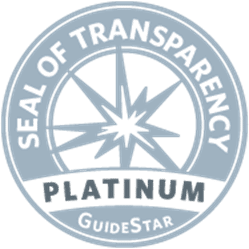Published June 28, 2020, by Michele Brown
If there were ever a moment to “Live United,” this is it.
Live United happens when we fight for the hopes, dreams, and rights of all people – and when we stand up and honestly address our shortcomings in that fight.
The simultaneous pandemic, massive unemployment, terrifying murders in police encounters, and widespread protests and rallies can feel overwhelming. So many of us are anxious, sad, mad, tired, enraged, defensive, and fearful. The opportunity now though is to seize this moment and turn these feelings into positive action.
It starts by us examining the systemic racial and economic inequities that are a common thread in all these unsettling and unacceptable conditions. The videos of the most recent murders shock us into recognition and cannot be ignored. We cannot look away from the fact that these deaths are part of a long history of people of color whose lives were violently and senselessly cut short.
Less blatant, but just as destructive, is the hard truth that the health and economic brunt of the pandemic falls disproportionately most heavily on people of color and people experiencing poverty. The pandemic has shone a harsh spotlight on inequity. Just like the violence, these inequities are not new. While there is no terrifying and graphic video to expose this inequity, we need to understand why it is that people of color or impoverished people are experiencing much worse outcomes in the pandemic.
The pandemic has revealed the deep divisions in our society between the haves and have nots, the consequences of the failure to achieve stable and equitable health care policies, and the systemic racism that has infused our social and economic policies and practices that, even if inadvertently, create such stark disadvantages.
The killings show the worst result for systemic racism — and make it clear that deep change must happen now. But the health disparities and the economic fallout disparities must cause us to similarly dive deep to remedy these inequities. By one estimate, patterns of poor health and more congested living circumstance mean that those at the bottom of the income spectrum are twice as likely to die from COVID-19. Almost 50 percent of Anchorage residents were barely able to afford an apartment before unemployment skyrocketed, and have precious little, if any, in savings. The economic fall-out from the pandemic seriously jeopardizes their housing stability and their health.
That’s why we must act.
And we must act to recover and rebuild in an intentional and meaningful way.
First, we need to care for each other. Even in little ways, we can share, understand, support, and lift each other’s spirits. Think about ways those of us with privilege and opportunity can wield it in service to all our neighbors.
Second, be self-aware of even unconscious assumptions. I am white so racism is not something I personally have had to face. But, it was recently driven home to me.
My 17-year-old biracial nephew was just stopped while skateboarding in his own neighborhood; stopped doing the same thing his white friends skate right on through. I know my nephew as a good young man and cannot fathom how someone could see him as a menace. That’s why what Jasmin Smith, in Morgan Krakow recent Anchorage Daily News story, said struck home with me: “When do our kids go from being cute to being suspect?” My brother has had to have conversations with his son that I would never have even imagined when my son was 17.
We need to listen to those who have been harmed by systemic inequity and racism, allow ourselves to be open, acknowledge our personal or social failings, and help create a new path forward.
And third, let’s take a long view as we rebuild from these interconnected calamities. We most need short-term assistance to shore up households and businesses. At the same time, we need to keep a laser focus on ensuring that we create equal access to the opportunities that improve the health, education, and financial stability of everyone in Anchorage.
That is how we build a just, prosperous society where neither people nor dreams die needlessly, where basic human rights have respect in our day-by-day work and relations with the people around us, and we all have full access to opportunity.






Michele – I take seriously and conscientiously try to live out your comment ” First, we need to care for each other. Even in little ways, we can share, understand, support, and lift each other’s spirits.”
I am so proud to work for GCI, who has contributed so much to Anchorage.